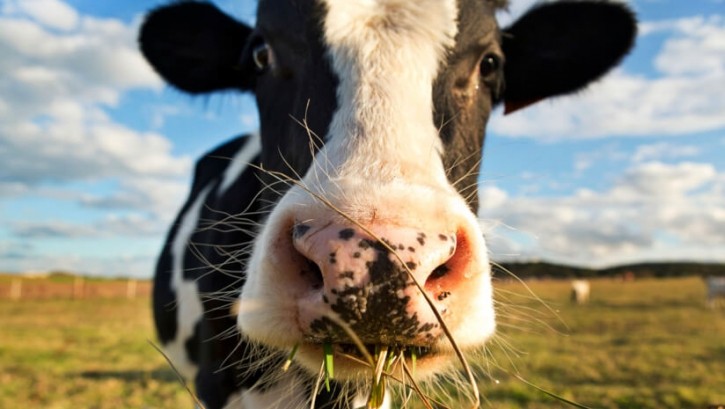Mars scales its sustainable dairy sourcing efforts

Nearly 60% of Mars’s greenhouse gas (GHG) footprint comes from its agriculture space, which sources ingredients for its confectionery and snacking products. Today, the global confectionery company is scaling its climate-smart agriculture projects. Through these efforts, Mars aims to create over one million regenerative agriculture acres across the globe by 2030.
“Climate action is at the centre of our dairy sourcing strategy,” a spokesperson for Mars says. Dairy is Mars’ second largest contributor to the carbon footprint of its snacking business. It is also a key area of focus as part of the FMCG’s Net Zero by 2050 commitment.
Many global confectionery giants are reporting on their sustainability programmes and environmental projects this summer. Nestlé and Hershey recently released updates on their respective income accelerator programmes in July. However, Mars is focusing on reducing its GHG emissions and launching various global initiatives to find sustainable solutions to farming and agriculture.
Increasing the sustainability of its dairy sourcing
“We have released our $47 million Moo’ving Dairy Forward Plan, which aligns with our 2030 ambition to cut emissions across our entire business by 50% (against a 2015 baseline),” says a Mars spokesperson. With its recently-announced dairy plan, Mars aims to position itself as a climate-first dairy source. It strives to lower its dairy’s carbon footprint, working alongside partners like Fonterra, Land O’Lakes, Interfood and FrieslandCampina.
“The plan includes efforts to trial on-farm interventions, such as a manure management project in partnership with FrieslandCampina in the Netherlands that uses manure additives to help reduce storage emissions and implements biodigesters to convert manure into energy,” says Mars’ spokesperson.
More than 200,000 cows play a vital role in helping Mars to create its chocolate products. Yet, as cows emit gases and other by-products like manure, Mars is investing in projects to offset their environmental impact. New technologies in manure management can potentially reduce Mars’ carbon emissions from manure by up to 90%.
The firm is also exploring solutions such as implementing seaweed feed additives to understand how they can impact its methane emissions.“We’re working to improve feed ingredients to reduce methane produced – for example, sourcing from Seaforest’s Seafeed seaweed food supplement trial in Tasmania, which helps reduce the amount of methane generated by cows that eat it,” Mars’ spokesperson adds.
Climate-smart goals
In its latest update in July 2024 on how it's working to reduce its carbon emissions, the chocolate company reported an 8% drop in GHG emissions, a record figure for the company. This means Mars has now doubled its total GHG reduction to 16%, or 5.7 million metric tonnes, across its Mars Scope 1, 2 and 3 emissions. As part of its 2023 Mars Sustainable in a Generation Report, the company aims to reach its 50% GHG reduction goal by the end of 2030.
Mars is developing a grower-centric programme to help the agriculture sector adopt climate-smart agriculture methods. The programme will see it support 1,900 farmers in four US states and Poland. It will expand its partnership with Royal Canin and Soil Capital to provide financial support to almost 250 farmers in France and Belgium. So far, the duo’s partnership has given farmer support across 300,000 farmland hectares.
Teaming up with non profit organisation in Mexico and Brazil, Mars is providing ongoing support to its Next Generation Soil programme. The initiative aims to encourage new regenerative agriculture practices to protect soil health and promote good productivity. Via tools and technologies, Mars has helped 100 corn producers increase productivity, optimise resource use and respond to climate change requirements such as water scarcity and lower crop yields.















